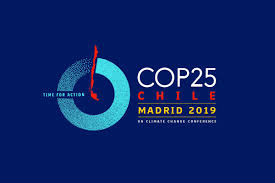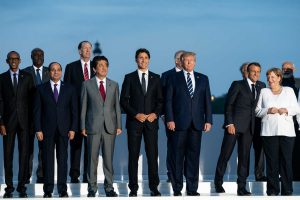
Much hurried prediction, or more correctly, should I say speculation has been expressed by IR experts over the impact of the Covid-19 pandemic on the current global order. One of IR’s leading lights, Richard Haass, President of CFR has been ‘front and center’ in painting a post Covid global order. It’s not very pretty, nor much of an order. In an April article in Foreign Affairs he describes the future global order in quite ‘downbeat’ terms:
Yet the world that will emerge from the crisis will be recognizable. Waning American leadership, faltering global cooperation, great-power discord: all of these characterized the international environment before the appearance of COVID-19, and the pandemic has brought them into sharper-than-ever relief. They are likely to be even more prominent features of the world that follows.
He suggest further that even were Biden to be elected the effort to bring a more traditional global governance system would be stymied:
Even if a foreign policy “traditionalist” such as former Vice President Joseph Biden wins the November presidential election, resistance from Congress and the public will prevent the full-scale return of an expansive U.S. role in the world. And no other country, not China or anyone else, has both the desire and the ability to fill the void the United States has created.
Given this rather grim near future I was caught by the Foreign Policy article by Oona Hathaway and her Yale Law School colleague, Scott Shapiro:
The crisis offers the opportunity to transform the global order from one dominated by a single state, or a small number of them, to a more equal system of global governance. It’s time to stop waiting for a hegemon to come to the rescue and instead try to address more of our global problems through independently organized global clubs.
So, no more hegemon – no US; no China. Instead moving forward and in a position to tackle global governance challenges will be ‘global clubs’. The characteristics of such club membership – that is excluding members who fail to adhere to the agreed rules – make such clubs reasonable, in fact highly useful where great power leadership has receded. As the authors suggest:
The idea of decentralizing global governance to shifting alliances of like-minded nations is not entirely new. Much of international law already operates on precisely this principle of shared interests and decentralized enforcement. But unmooring global governance from reliance on a hegemonic actor, and from the global institutions we’ve known since the end of World War II, could become reality in part because of the conditions created by the pandemic.
As they conclude:
The club rules are enforced not by a hegemon but by members directly by denying the benefits of membership to bad actors. One advantage of such decentralized governance is that any state can start a club. It doesn’t take a hegemon; it just takes a good idea.
These global clubs certainly bring a shift in global governance leadership and policymaking. Their global club thinking may be just the ‘tonic’ needed for what we’ve identified – that is the Vision20 principals, Colin Bradford, Yves Tiberghien and myself – as ‘effective multilateralism. We have described effective multilateralism, at least with respect to the G20 leaders as “the elective, targeted, and purposeful actions with varied coalitions. We believe encouraging effective multilateralism is a vital tool in meeting the challenges the G20 and the international system face.”
What Hathaway and Shapiro have offered possibly is a logic for organizing such coalitions. While we have witnessed various multilateralism initiatives, note the ‘Alliance for Multilateralism‘ offered up initially by the foreign ministers of France and Germany. What we haven’t seen is action.
Now is the time.
Image Credit: picture-alliance/AP/photo/T. Camus

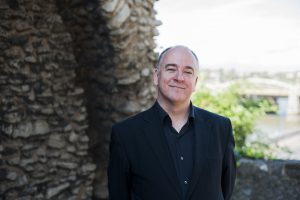
 ‘Australia Burning’ is a podcast with my colleague Steven Slaughter from Deakin University in Melbourne Australia.
‘Australia Burning’ is a podcast with my colleague Steven Slaughter from Deakin University in Melbourne Australia.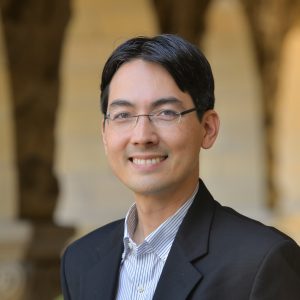
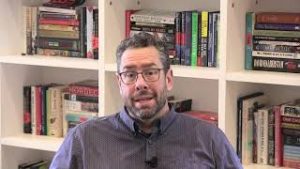
 The ‘Environmental Story’ doesn’t seem at the moment to have a happy middle or end. But it is hard not to be drawn to the drama that is the global effort to reduce CO2 emissions.
The ‘Environmental Story’ doesn’t seem at the moment to have a happy middle or end. But it is hard not to be drawn to the drama that is the global effort to reduce CO2 emissions. So to restart our Global Summitry podcast series for the new roaring ’20s – the ‘Now’, the ‘Summit Dialogue’ and the ‘Shaking the Global Order’ series, I had connected with my good colleague Tom Wright from Brookings. Tom is the director of the
So to restart our Global Summitry podcast series for the new roaring ’20s – the ‘Now’, the ‘Summit Dialogue’ and the ‘Shaking the Global Order’ series, I had connected with my good colleague Tom Wright from Brookings. Tom is the director of the 